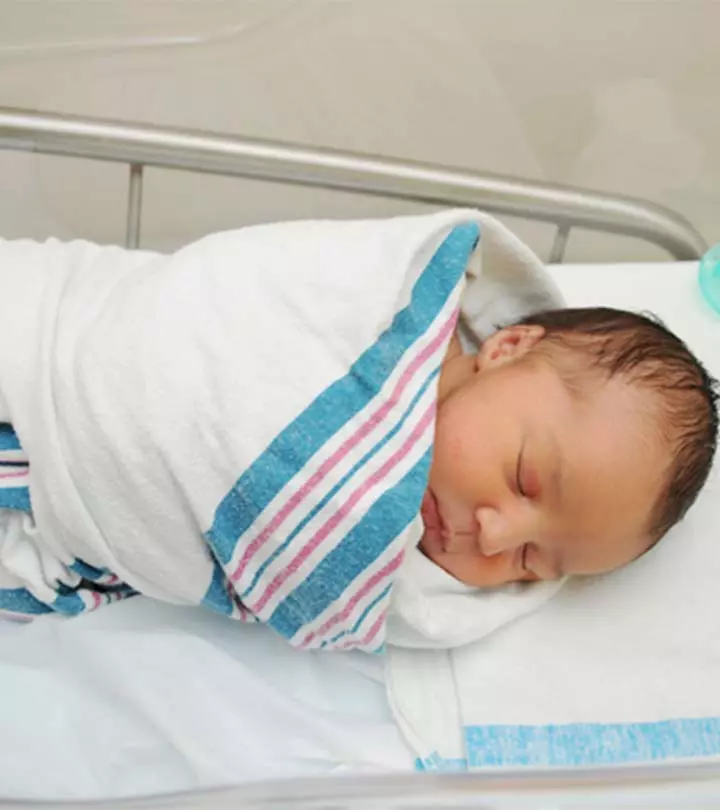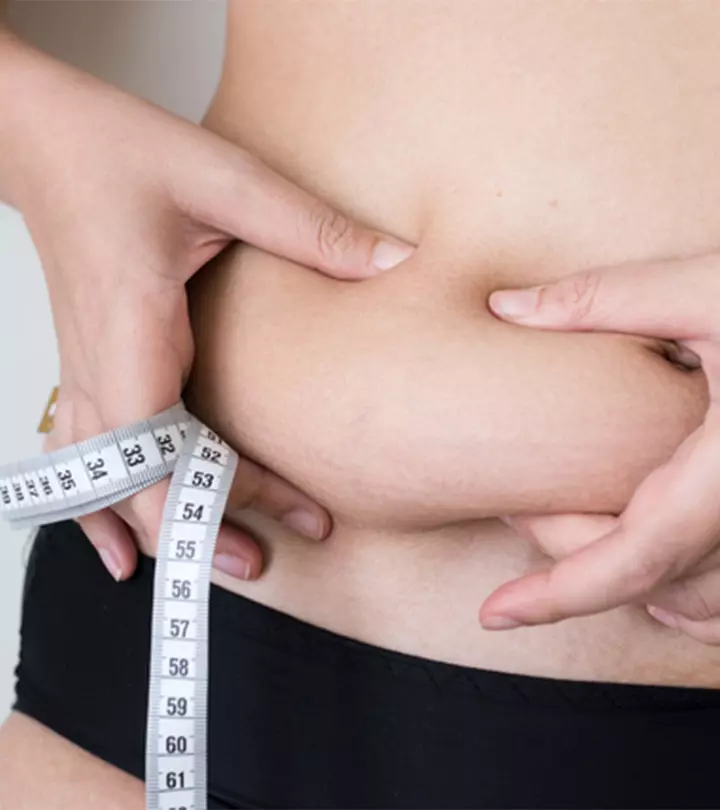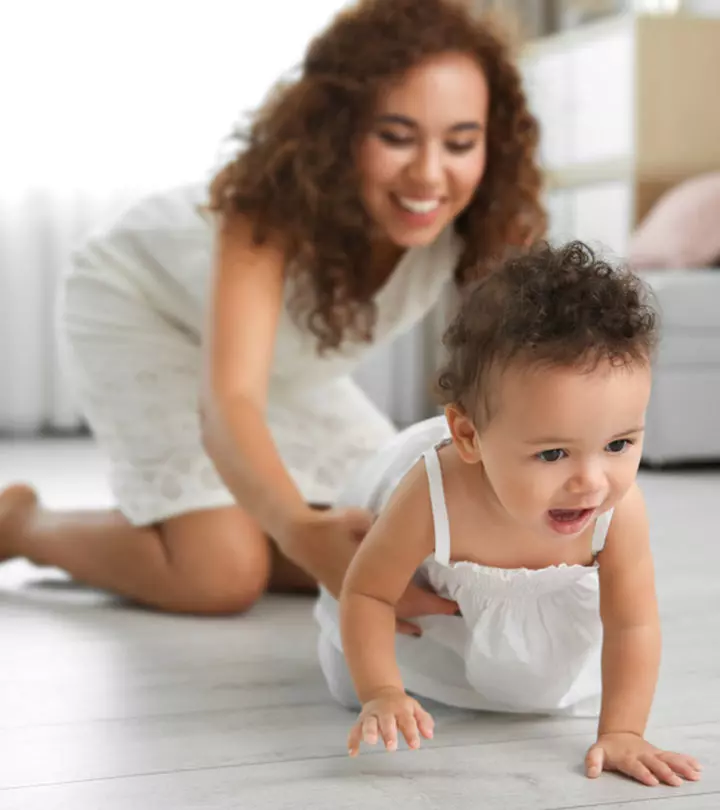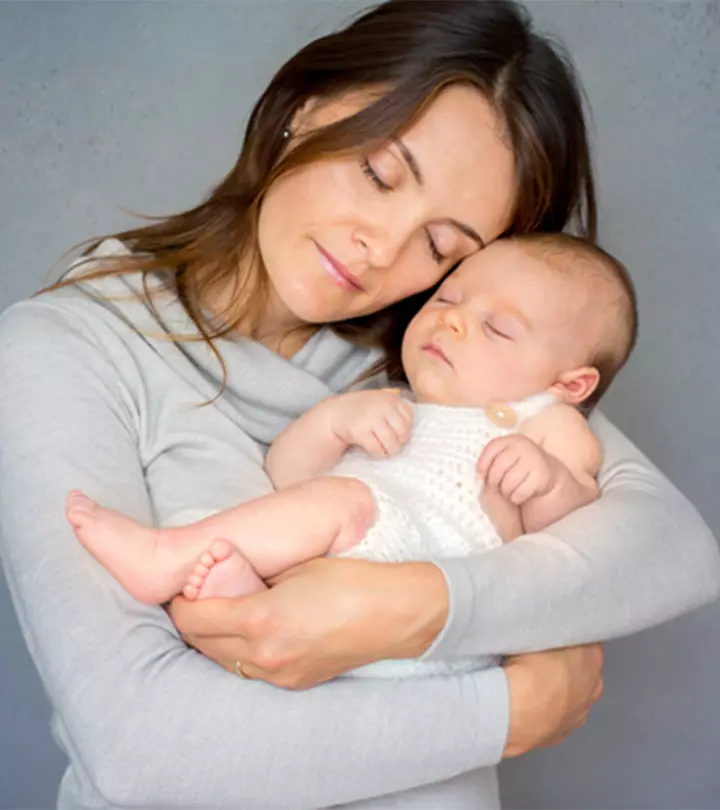

Image: Shutterstock
The journey from your home to the hospital, and back home has one difference. You come home with an addition to the family. But as you leave the hospital you have a hundred thoughts on your mind. Are you leaving the security that a hospital can provide in case of a health complication? Or are you afraid that the helping hands of the nurses wouldn’t be available once home? It is typical of new parents to go through this myriad of thoughts. But all said and done, your parental instincts will come to the rescue. However, here are a few things you need to bear in mind before you head home:

- Don’t hesitate to ask your doctor or nurses any final questions that you might have about your baby and yourself too. If you have had a C-section, you might need additional care. Ask your doctor what to do and what not to do.
- Consult your dietician as to what you should eat in the early weeks post delivery. What you eat is what your baby gets. Also, you need to regain the lost energy and nourishment from the body. So eating healthy is yet again the key to recovering fast and helping your baby get the proper nourishment.
- Learn the little but important techniques from feeding to diapering your baby. Talk to your nurse and lactation consultants if required.
- Get tips on how and when to bath your baby. Ask how you could clean his umbilical stump.
- Mark your baby’s first checkup with the doctor. If you are going through episodes of anxiety, depression, or if you are feeling sad or irritable, you should inform your doctor.
- Baby poop can be a matter of concern. New mothers might get anxious about their babies not pooping three days in a row. They could get anxious if the poop has different hue each day. If you’ve read up on this earlier, ask your doctor beforehand as to what is normal and what is not, before you leave the hospital.
- Sometimes you might worry about your baby’s body temperatures. Ask the doctor beforehand when they should be summoned to check the baby.
- Get tips and prescriptions for nasal congestion, loose motions, cough or cold, and fever, just in case! Also get tips on how to administer the medicine to the baby.
- Make sure you collect the discharge summary. Finish off all the paperwork. Ensure that your partner brings the car to the drive-way, so your baby is not exposed to harsh weather – protecting from rain, snow, or gush of wind.
- Make sure the house is clean, free from dust, and organized before you bring your baby in. Ensure that you have an AC or a heater installed which you can operate depending on the weather dictates.
- When you drive home with your baby, remember to use the car seat. Some hospitals might want to check the car seat and conclude if it is right for your baby in there. Once the car seat is installed correctly, you might also have to get it inspected from the nearest car seat inspection center which is a specialized unit at several police stations in various countries. They need to make sure that your baby travels safely. Although you will have the urge to hold your baby in your lap, under no circumstance should you think about doing this – even if it is a five-minute drive home or that the driver is driving pretty slowly.
- If you have older children at home or if they have come to receive their youngest sibling, ask them to be calm and not scare or wake-up the newbie with all their excitement.
- If you have pets at home, your partner must keep the pets away from the newbie, at least for the time being.
- Learn to look for signs that your baby is hungry. Get tips on burping your baby after each feed. Quite a few babies have hiccups, but you should not give them water when they do so. Water is a total no until your baby turns six months.
- If your baby has spent his early days in the NICU, then you will be discharged after some final tests such as blood tests, or hearing test.
Community Experiences
Join the conversation and become a part of our nurturing community! Share your stories, experiences, and insights to connect with fellow parents.











